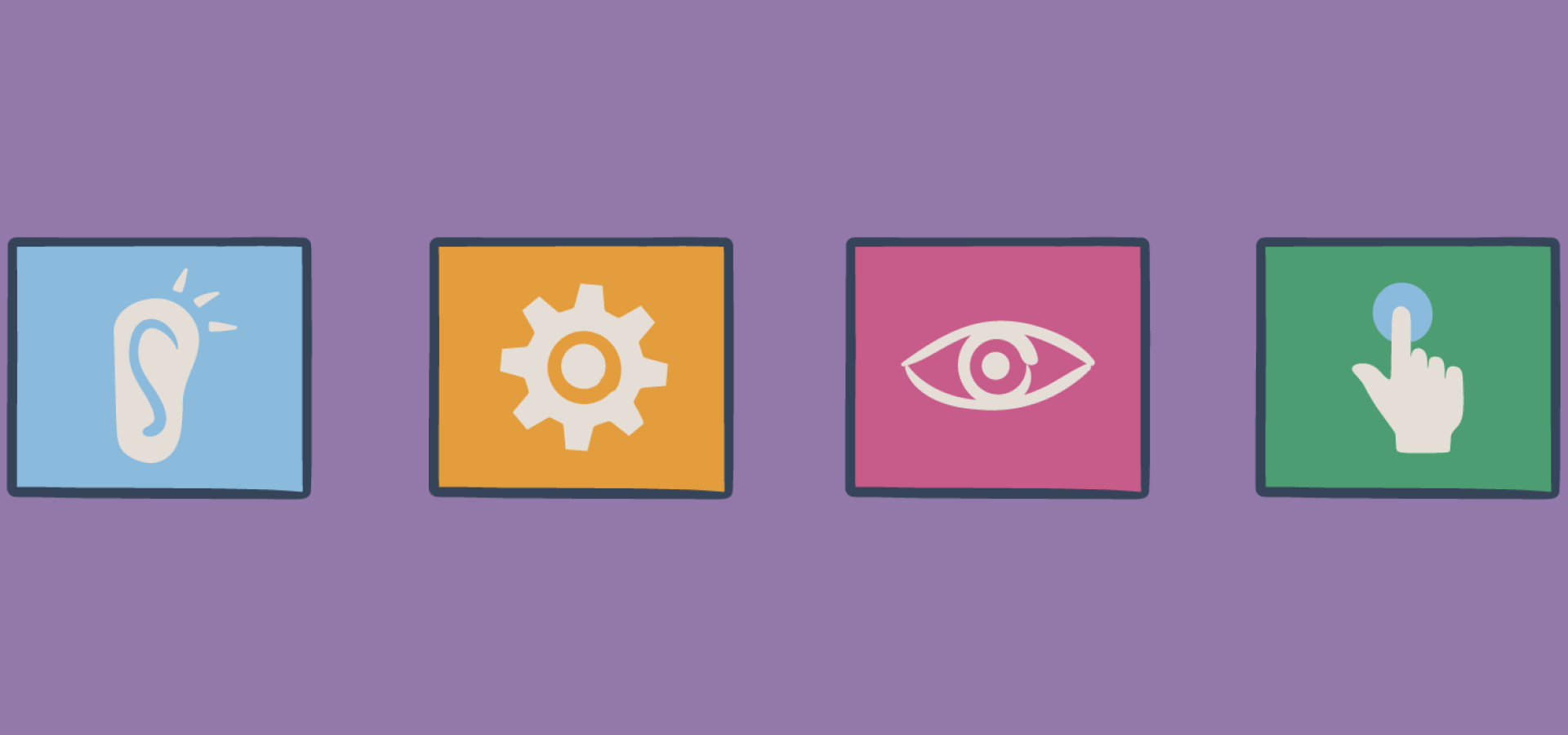Caring for All Users
According to the Colour Blind Awareness Organisation, there are approximately 300 million people worldwide with colour blindness, and according to the NHS, there are approximately 3 million colour-blind people in the UK, which is about 4.5% of the entire population. Most of these people are male, with approximately 1 in 12 men (8%) and 1 in 200 women experiencing colour blindness.
Web accessibility’s aims should focus on usability for everyone, including users with impairments to their vision, hearing, mobility, thinking, and understanding. WCAG guidelines are organised by four main principles: Perceivable, Operable, Understandable, and Robust (POUR) and covers all user's needs.
Is Web Accessibility a Legal Obligation in the UK?
While many governments and healthcare organisations must comply with WCAG 2.1 level AA by law, commercial & business websites aren't obligated to do so. However, accessibility in the UK falls under the Equality Act 2010. This law promotes fairness and equality for all individuals, protecting them from unfair treatment. Site owners are required to make 'reasonable adjustments' to accommodate individuals with disabilities. Although the law hasn't been extensively tested regarding website accessibility, adopting the WCAG as your standard can provide a strong defence against potential legal actions, ensuring you meet the requirements of the act.
Plus, accessibility falls under corporate social responsibility, ensuring your website is accessible demonstrates your commitment to inclusivity and equal access to information in the online realm.
The Benefits of Web Accessibility for Your Business
Meeting the Web Content Accessibility Guidelines (WCAG) can have several benefits for your website or app. Here are some of the top benefits:
Improved usability: Making your website or app more accessible can improve usability for all users, not just those with disabilities. For example, adding captions to videos can help users who are in a noisy environment or who are not fluent in the language spoken in the video.
Better search engine optimisation (SEO): Search engines like Google prioritise websites that are accessible and user-friendly. By making your website or app more accessible, you can improve your search engine rankings and drive more traffic to your site.
Increased audience reach: By making your website or app more accessible, you can reach a wider audience, including people with disabilities who may have been excluded from using your service in the past.
Reduced legal risk: In some countries, including the United States and the United Kingdom, there are laws that require websites and apps to be accessible to people with disabilities. By meeting WCAG standards, you can reduce your legal risk and avoid potential lawsuits.
Improved brand image: By making your website or app more accessible, you can demonstrate that you care about all of your users and are committed to providing an inclusive experience for everyone.
What's New in WCAG 2.2
Released in October 2023, WCAG 2.2 introduces nine new criteria aimed at enhancing website accessibility. These criteria cover various aspects, including:
Focus elements.
Increased target/tap button sizes and spacing between buttons.
Elimination of cognitive mathematical puzzles like CAPTCHAs in forms.
Removal of object recognition for authentication processes, e.g., CAPTCHAs.
Streamlining the re-entry of information required within the same process, such as billing and shipping addresses, either through a tick box for consistency or an auto-fill option.
In the UK, the government is actively reviewing WCAG 2.2. The Government Digital Service (GDS) has committed to assessing the new standards by October 2024. It is likely that government and healthcare organisations, mandated by law to comply with WCAG 2.1 level AA, will transition to WCAG 2.2 level AA within the next two years.

